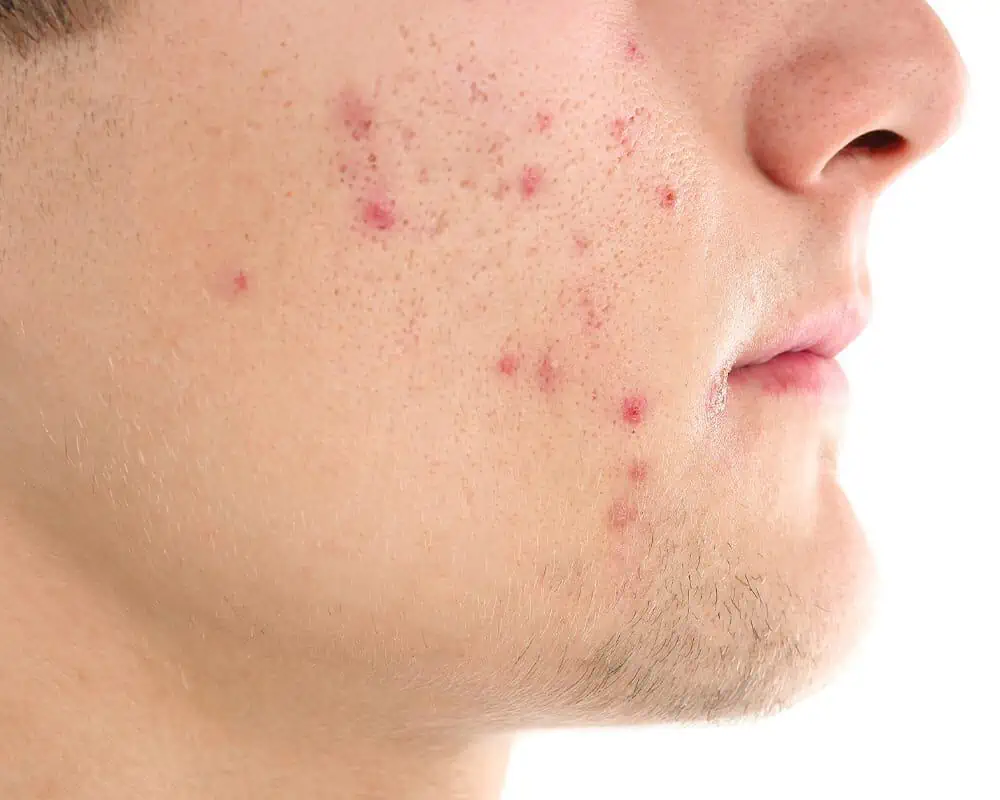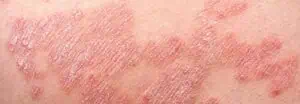DERMATOLOGICAL TREATMENTS FOR ACNE VS. ACNE HOME REMEDIES
Acne is such a complicated skin condition. One of the most common skin conditions within adolescence, and in some instances extremely hard to prevent/manage. Acne doesn’t just affect your skin, but your confidence too. This skin condition has psychological impacts that are just as important to manage as the skin condition itself.
At least 9.4% of the world’s population is affected by acne, with at least 90% of people in the UK suffering from some form of acne. With such a high amount of the population awareness of both medical, and psychological acne treatments needs to be heightened to help people deal with this skin condition dermatologically and psychologically.

CAN HOME REMEDIES FOR ACNE HELP?
Many turn to home remedies to try and suppress/stop the acne from flaring up. We see many references to home acne remedies such as honey and cinnamon masks, or lemon water that can improve/reduce your acne.
Additionally, there are many questions around diet types, including the consumption of Omega-3 fatty acids, which have anti-inflammatory properties and regulate testosterone hormones in the body, and whether they contribute to reducing/stopping acne inflammation. In most cases, research suggests that more studies into home remedies and diets must be conducted to prove whether or not these home acne treatments can improve your acne over time.
This ultimately depends on several factors. On a case-by-case basis, consuming omega-3 fatty acids and other foods with anti-inflammatory properties can work to improve or maintain your acne and reduce acne flare-ups. However, without concrete evidence that this works every time, using this as a form of acne treatment should be done with managed expectations.
The same can be said for other home remedies for acne such as apple vinegar and honey and cinnamon masks. Apple vinegar is often used to help with bacterial acne, due to vinegar’s ability to tackle bacteria and fungus. Honey and cinnamon masks are used due to their antibacterial and anti-inflammatory properties, but again, there is no scientific evidence to suggest this is any different from washing your face with soap.
DERMATOLOGICAL TREATMENTS FOR ACNE SCARS
Dermatological treatments for acne scars are of course a preferred solution by any dermatologist. While there is no 100% proven formula for treating and removing acne, dermatologists have spent decades studying acne and the relevant medical treatments to define treatment plans for their patients.
The types of dermatological acne treatments vary and continue to grow today with new technologies and methods for treating acne and acne scarring over time. Depending on the severity and location of your acne, dermatologists will put together acne treatment plans that are tailored to both your skin, lifestyle and the type of acne or acne scarring you have. These include:
MICRODERMABRASION ACNE TREATMENT
An acne treatment that looks to gently remove the outer layer of the skin using small crystals to smoothen and soften the skin. This treatment is used for both acne and acne scarring as part of a course of 3-to-6 treatments.
CHEMICAL PEEL ACNE TREATMENT
Another acne treatment aims to gently remove the outer layer of the skin and stimulate collagen and skin regeneration. This also reduces oil production which helps with the unblocking of pores and bacterial acne. There are multiple forms of chemical peels ranging from mild to intrusive. Depending on the severity of your acne, chemical peeling will penetrate deeper and in some cases is used to treat acne scars.
DERMALUX LED PHOTOTHERAPY ACNE TREATMENT
Using wavelengths of light to stimulate skin rejuvenation and cell regeneration across multiple skin conditions, Dermalux is an award-winning treatment that often helps with the treatment of acne and acne scarring in a non-invasive and pain-free way. Again, this is a treatment that increases collagen and elastin production which is great for tackling bacterial acne.
MICRONEEDLING ACNE TREATMENT
This form of dermatological acne treatment is a slightly intrusive treatment that is recommended by dermatologists for a course of up to 5 sessions between 2-month intervals. Microneedling skin treatment works by using sterile needles to puncture the skin to induce the production of collagen and elastin. Another good option for acne and acne scarring, depending on the type of acne scarring needing treating.
Beyond these key treatments, dermatologists will likely recommend courses of lotions and medication depending on your acne. For example, those who are suffering from fungal acne as a result of high levels of testosterone may be guided towards testosterone balancing/reducing medication.
Others, who are suffering from bacterial acne, might require a benzoyl based cream that helps to exfoliate and remove dead skin cells causing bacteria build-ups and blockages within hair follicles.
These medical acne treatments range from topical retinoids to topical antibiotics and again will vary depending on the decision made by your dermatologist as the best course of action to take with your acne treatment programme.
DERMATOLOGICAL ACNE TREATMENTS OR aCNE HOME REMEDIES?
It is recommended that you visit a dermatologist if you’re struggling with your acne. Beyond dermatological acne treatments, some dermatologists can help, through consultations to build your confidence back in your skin.
Specialist acne dermatologists have a better chance of treating and improving your acne over time than home remedies and changes to your diet. This is especially the case with more severe acne and acne scarring that will require either a more invasive skin treatment or simply a new approach that may have not been used before. Often, it can be just that simple.
Of course, if there are ways that can contribute to the reduction of your acne, these have to be considered and become part of your acne management routine. This is why dermatologists will not discredit, for example, a home treatment such as consuming more omega-3 fatty acids, if this is complimenting the acne treatment plan you are on.
WHAT TO DO IF YOU ARE STRUGGLING WITH BACTERICAL OR FUNGAL ACNE?
Acne can affect us beyond our skin. You should contact your doctor or dermatologist if your acne is affecting you in any way. You can book virtual acne consultations.
If you would prefer to enquire about acne treatment options through a face to face consultation by contacting your Stratum Dermatology Acne Clinic today, please contact us to talk more about your acne treatment options.


